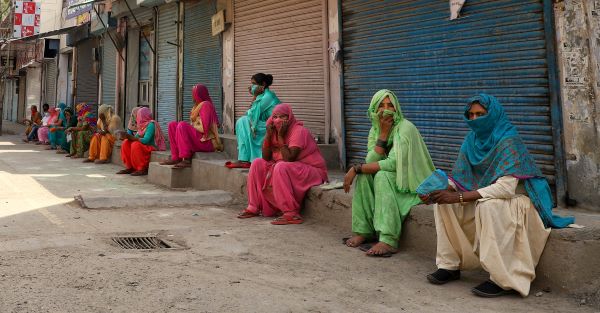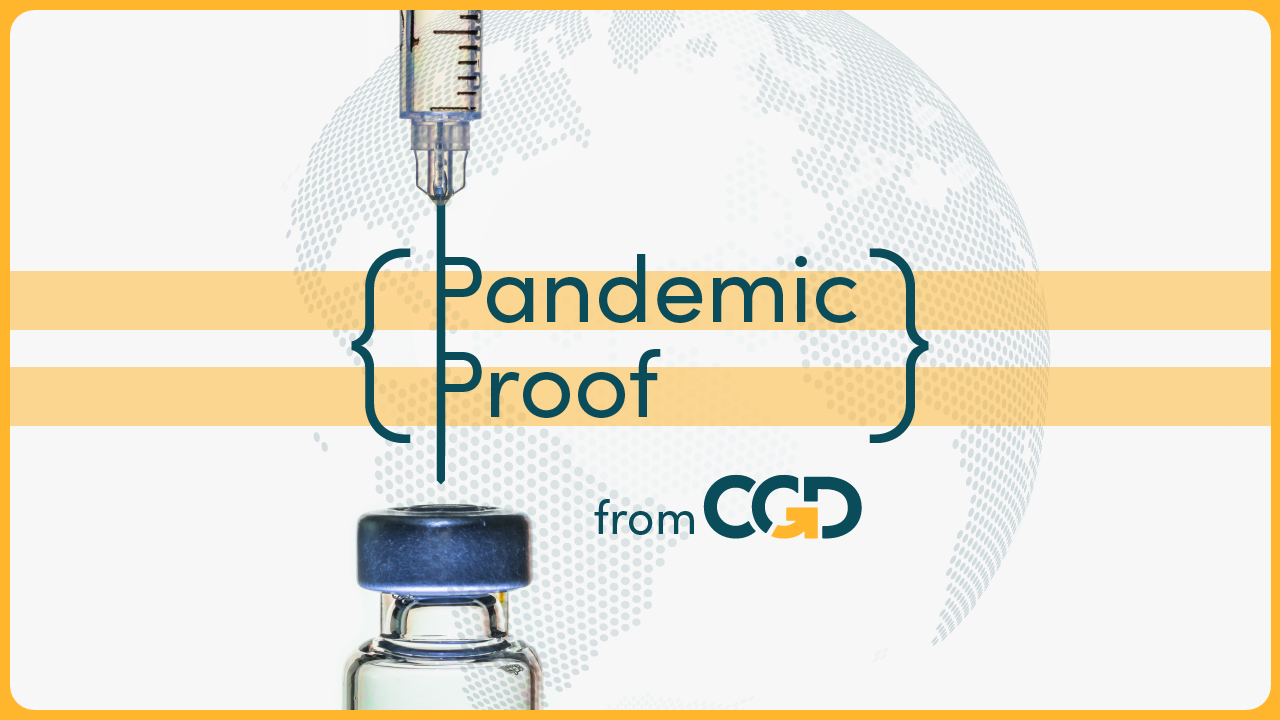Recommended
Health systems worldwide are under constant pressure to respond to increasing demand with limited resources, while also ensuring that healthcare is accessible, equitable, and of good quality. Priority setting through health technology assessment (HTA) is gaining traction as a tool to guide decision makers to make evidence-informed choices. HTA is a multidisciplinary process that evaluates the social, economic, organizational, and ethical implications of a health intervention or health technology with the objective of informing a policy decision. HTA helps maximize health gains and makes resource allocation decisions more explicit, transparent, legitimate, and defensible.
While HTA systems in different countries are influenced by differences in local culture, history, politics and healthcare financing mechanisms, there are key elements common across countries that determine the success of an HTA system. To discuss these tried and tested global practices, the government of India hosted an international symposium in New Delhi in collaboration with the International Decision Support Initiative (iDSI). HTA specialists from Australia, Colombia, India, Thailand, and the UK participated in the event along with senior Indian policymakers and experts from the World Health Organization. About 500 people joined in person or virtually to learn how HTA is bridging the gap between research evidence and real-world policy. In this blog, we explore four key actions the speakers identified as central to successful HTA systems across multiple countries.
1. Adhering to rigorous and explicit methods for conducting HTA evaluations
The consistent use of rigorous and explicitly defined HTA methods creates trust in the quality of the evidence amongst stakeholders including patients, providers, and policymakers, and builds readiness for uptake of the recommendations into healthcare practice and policy. Mature HTA agencies like the National Institute for Health and Care Excellence in the UK; the Pharmaceutical Benefits Advisory Committee in Australia; the Secretariat of Science Technology and Strategic Inputs, Ministry of Health, Brazil; the Institute of Health Technology Assessment, Colombia; and the Canadian Agency for Drugs and Technologies in Health have documented principles and methods for HTA assessment and appraisal that are rigorously adhered to. This creates transparency and builds confidence within the country’s HTA system, allowing it to defend itself when challenged.
Health Technology Assessment in India (HTAIn), the HTA agency of India, published the HTA in India Manual and Reference case in 2018, outlining the methods for conducting HTA studies in the country. It has subsequently also published guidelines for conducting budget impact analysis and health system costing in the country, and is currently reviewing methods for conducting adaptive or rapid HTA. Availability of these explicit methods has been instrumental in building competencies and capacity for HTA within a critical mass of researchers in India.
2. Ensuring transparent, consistent, efficient, and participatory processes to conduct HTA
This is paramount for constructing credibility in HTA systems and their recommendations. Good governance is central for guaranteeing consistency and predictability in results; timeliness in responding to policy demand; and inclusiveness for bringing on board all relevant stakeholders. NICE in the UK has demonstrated that adhering to these underpinning principles provides it force to resist vested interests and backlash from unpopular decisions. HITAP, in Thailand, is ruled by seven principles of good governance: transparency, inclusiveness, accountability, quality, timeliness, consistency, and contestability. These principles are followed at each stage of the HTA process. HTAIn, in India, maintains transparency by making available on its website key documents like the process manual, study outcome reports, meeting minutes, and policy briefs. It also has regular stakeholder meetings and periodically reviews its processes, like the topic selection process, to make them more efficient, consistent, and participatory. In complex and diverse health systems riddled with multiple vested interests, robust processes safeguard objectivity and value of HTA recommendations.
3. Establishing national data systems to support HTA studies
Building a national health data system is a crucial step for sustaining the HTA ecosystem. These databases and platforms provide reliable information on evaluation aspects like clinical effectiveness, cost; quality of life, epidemiology, service use, and equity. In the UK, the costing transformation programme provides patient-level costing through a single, national annual cost collection, and in the US, the Centers for Medicare & Medicaid Services (CMS) collects cost data reported as the Healthcare Cost Report Information System (HCRIS).
India established the National Health Systems Cost Database, a national public good, in June 2019. It provides a one-stop shop on cost information for healthcare decision-making in India. Recently it has been updated with data from the Costing of Health Services in India study, which collected data across 13 states and nearly 100 facilities. While this study is an enormous step forward in building the local evidence base, development of more sustainable systems for regular cost data collection, like mandatory submission of cost accounting reports by providers reimbursed through public funds, will help ensure this database remains useful with recent and updated information. HTAIn has also developed EQ-5D value sets for India through the largest EQ-5D-5L valuation study conducted in the world. (The EQ-5D-5L is a self-assessed questionnaire that assesses health-related quality of life.) This promotes generation of local evidence, which is considered more credible and acceptable to stakeholders in the country.
4. Linking HTA to policy dialogue and decisions through clear legal provisions
For HTA to have an impact on population outcomes, it’s important for it to be connected to the policy dialogue through a clear legal framework. Explicit legal frameworks where HTA decisions are binding should ideally ensure the connection between HTA and health financing decisions, like explicit benefits packages, pricing, and reimbursement, for HTA to move across the “3 Ds” i.e., from “data (assessment) to dialogue (appraisal) to final decisions (policy).” In Australia, the legislative/regulatory backing for the Pharmaceutical Benefits Advisory Committee (PBAC) mandates cost-effectiveness analysis for listing of new drugs onto benefits schemes. Hence, by law, new drugs cannot be listed that have not been approved by PBAC. Several other countries like Brazil, France, Italy, Spain, Sweden, and UK also have legally binding decisions for reimbursements. India is soon planning to table the Health Technology Assessment Board (HTAB) Bill in parliament, which will provide clear legal provisions for a National Advisory Body to provide evidence to policymakers for decision-making on health technologies and interventions. Creating a legal framework is something that many countries, including India, still need to work on to guarantee the uptake of HTA into policy.
Conclusion
The International HTA Symposium hosted by India provided valuable lessons for countries that are on a similar trajectory to establish systems for systematic and evidence-based priority setting. HTA systems thrive when governments invest in people, policy, processes, and systems. Local policies and legal frameworks provide an enabling environment that supports evidence-based decision making. Setting up data and health information systems encourage ease in conducting HTA, and processes that are designed to be evidence-based, transparent, and inclusive nurture belief in the value of HTA and establish trusted HTA systems.
Disclaimer
CGD blog posts reflect the views of the authors, drawing on prior research and experience in their areas of expertise. CGD is a nonpartisan, independent organization and does not take institutional positions.







